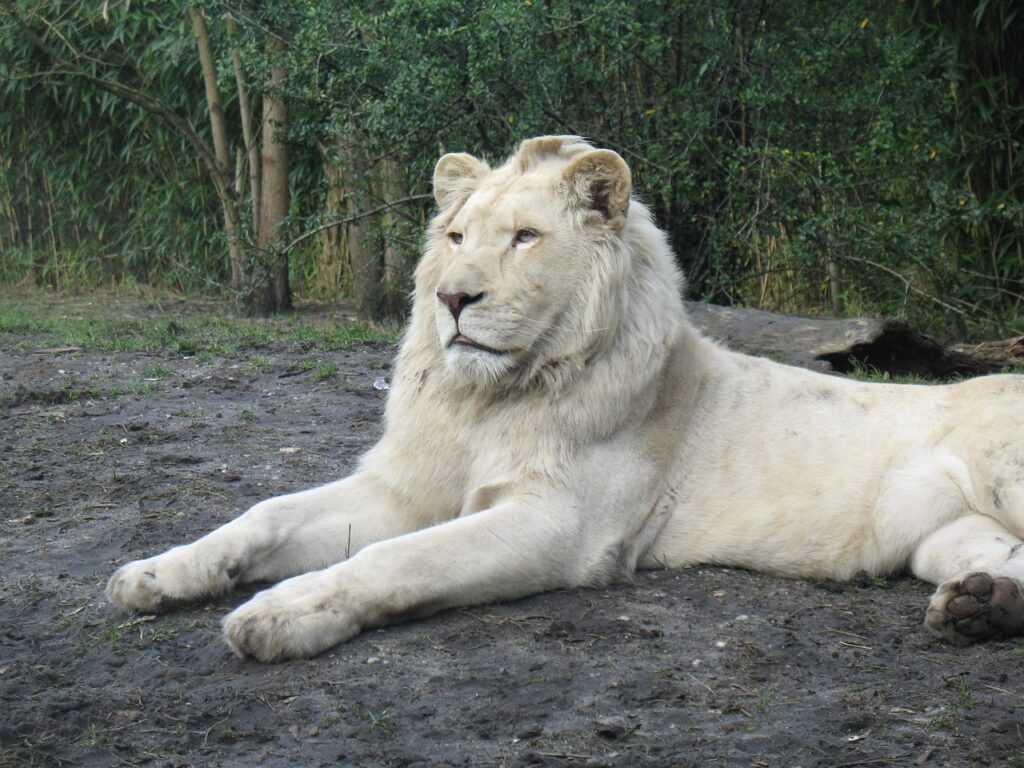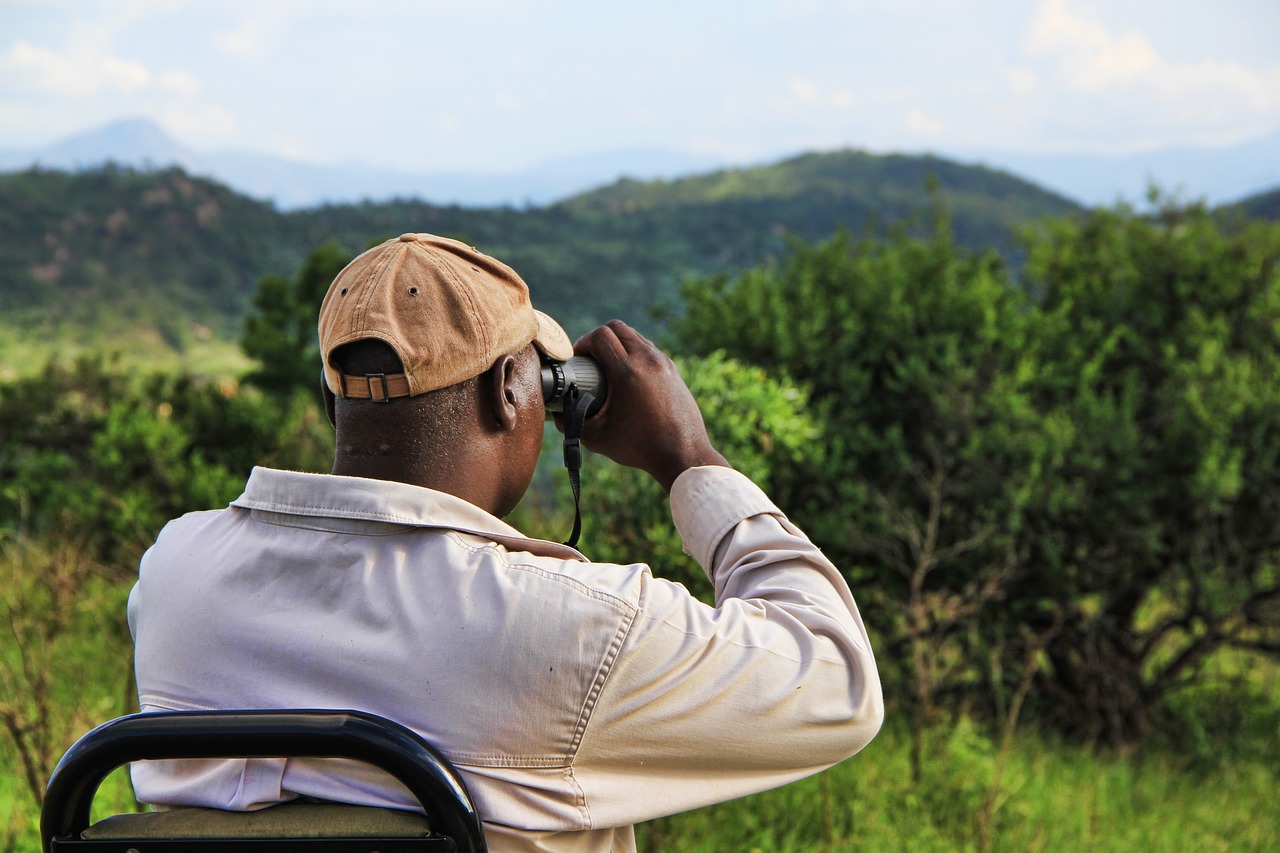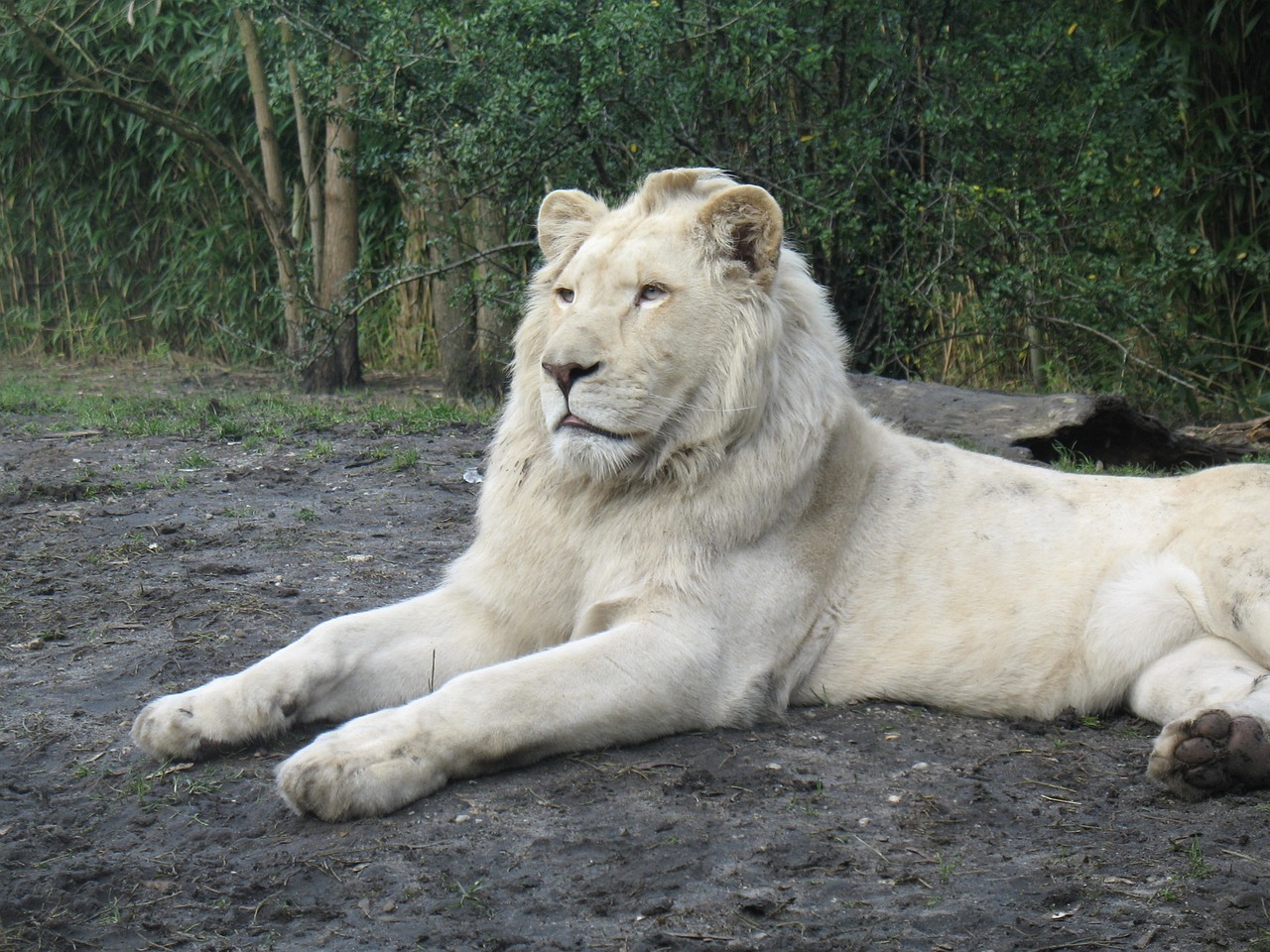
Are you that person who can’t resist watching every animal documentary or visiting the local zoo every chance you get?
Does your heart beat faster at the mere thought of working with animals?
If your love for creatures big and small has led you to consider a career as a zoologist, you’re in the right place! In this article, we’ll dive into the world of zoology, from understanding the role of a zoologist to the types of organizations that hire them, the education and skills you need, and practical steps to embark on your journey as a zoologist.
In This Article…
- Intro to What Zoologists Do
- Types of Organizations Hiring Zoologists
- Types of Education and Skills Needed for Zoology
- Practical Advice on Steps to Become a Zoologist
- Is it Worth Pursuing a Master’s or PhD to become a Zoologist?
Intro to What Zoologists Do

Zoologists are professionals who dedicate their lives to the study and care of animals. Contrary to misconceptions, most zoos are not animal prisons but legitimate organizations focused on preserving wild populations. Zoologists play a crucial role in animal welfare, wildlife conservation, and scientific research. Here’s a closer look at what zoologists do:
- Zoo Keepers and Animal Caretakers: Many zoologists start their careers as zoo keepers or animal caretakers at zoos, aquariums, wildlife sanctuaries, or rescue centers. In these roles, they are responsible for the daily care and welfare of animals, ensuring they have a healthy and enriching environment.
- Wildlife Technicians: Wildlife technicians work in the field, often capturing and relocating wild animals that have strayed into urban areas or need rescue. They transport these animals to wildlife sanctuaries or shelters, where they receive proper care.
Types of Organizations Hiring Zoologists

Zoologists have a broad range of employment options, including:
- Government Agencies: Government departments dealing with wildlife and conservation, such as the U.S. Fish and Wildlife Service, hire zoologists for roles related to research, monitoring, and policy development.
- Zoos and Aquariums: Zoos and aquariums employ zoologists as zookeepers, curators, or educators. These roles involve animal care, breeding, enclosure management, and public education.
- Wildlife Sanctuaries: Wildlife sanctuaries focus on rehabilitating injured or displaced animals. Zoologists working in these organizations help with rehabilitation, release, or providing long-term care for non-releasable animals.
- Research Institutions: Universities, research institutions, and conservation organizations hire zoologists for scientific research. Zoologists in these positions conduct studies, collect data, and contribute to our understanding of animals and ecosystems.
Types of Education and Skills Needed for Zoology

To build a successful career in zoology, you’ll need a strong educational foundation and specific skills:
- Education: While it’s possible to find entry-level positions without a bachelor’s degree, pursuing one in biology or zoology is highly recommended. A bachelor’s degree enhances your career prospects and opens doors to a wider range of opportunities.
- Hands-On Experience: Gain practical experience through volunteering, internships, or part-time work at animal shelters, rescue centers, farms, or pest control companies. This experience will help you understand the basics of animal care and management.
- Physical Fitness: Zoologists often need to lift heavy loads, handle animals, and work in various environmental conditions. Being physically fit is crucial for success in this field.
- Observational Skills: Keen observation is a fundamental skill for zoologists. The ability to notice changes in an animal’s behavior or health is vital for their care.
Practical Advice on Steps to Become a Zoologist

Ready to embark on your zoology journey? Here are some practical steps to help you get started:
- Hands-On Experience: Begin by volunteering or working part-time at an animal shelter, wildlife rescue center, farm, or pest/rodent removal company. This exposure will familiarize you with animal care and give you a taste of the industry.
- Educational Pursuit: Pursue a bachelor’s degree in biology or zoology to gain the necessary knowledge and scientific understanding. While a bachelor’s degree is typically sufficient for entry-level positions, consider further education for higher-level roles.
- Specialization: Once you secure an entry-level position, consider specializing in a specific area, such as mammal caretaker, reptile caretaker, or aviary keeper. This specialization can help you develop valuable skills and set you on a path to more advanced roles.
- Networking: Connect with professionals in the field, collaborate with animal professionals, and explore opportunities in conservation and education programs within zoos or wildlife sanctuaries.
- Continue Learning: Stay informed about the latest developments in the field of zoology and conservation. Attend workshops, conferences, and training programs to expand your knowledge and skill set.
While a formal education is a significant advantage, zoology offers opportunities for those who wish to begin their careers without a degree, especially in entry-level animal care positions. However, if you’re serious about pursuing a long-term career in zoology, a bachelor’s degree is an invaluable asset.
Is it Worth Pursuing a Master’s or PhD to Advance in Zoology?

While a master’s or PhD can be beneficial for certain specialized positions in zoology, such as research or zoo management, they are not prerequisites for starting a career in the field. Begin with a bachelor’s degree and gain experience. Later, if you wish to delve into advanced roles or research, consider pursuing further education. Work experience is often more valuable than advanced degrees in the early stages of your career.
Remember that your passion for animals, dedication to their well-being, and a strong foundation in zoology can pave the way for a fulfilling and rewarding career.
Wrap-Up: A career as a zoologist is an opportunity to turn your love for animals into a profession dedicated to their welfare, conservation, and understanding. Follow your passion, invest in education and experience, and keep exploring this exciting field. Whether you start as a zookeeper or aspire to become a curator, every step counts in making a meaningful impact in the world of zoology. Good luck on your journey!


